San Francisco Federal Criminal Defense Lawyers
Top-Rated Defense Attorneys Serving Northern District of California
Get expert legal advice today
Or call us directly:
(212) 300-5196Lead Attorney Todd Spodek
Federal Defense Expert • National Media Legal Analyst • San Francisco Criminal Defense Leader
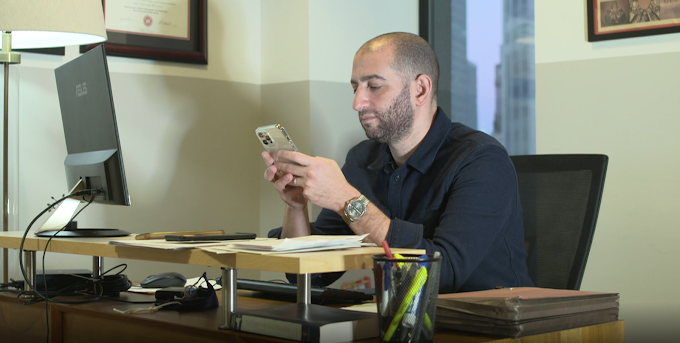
Todd Spodek, Esq.
Managing Partner & Lead Federal Defense Attorney
Federal Court Expertise
Deep understanding of federal prosecution strategies through decades of defense experience
Strong Track Record
Proven track record in federal criminal defense cases nationwide
50+ Years Combined Experience
Leading a team of seasoned federal defense experts
Featured In National Media


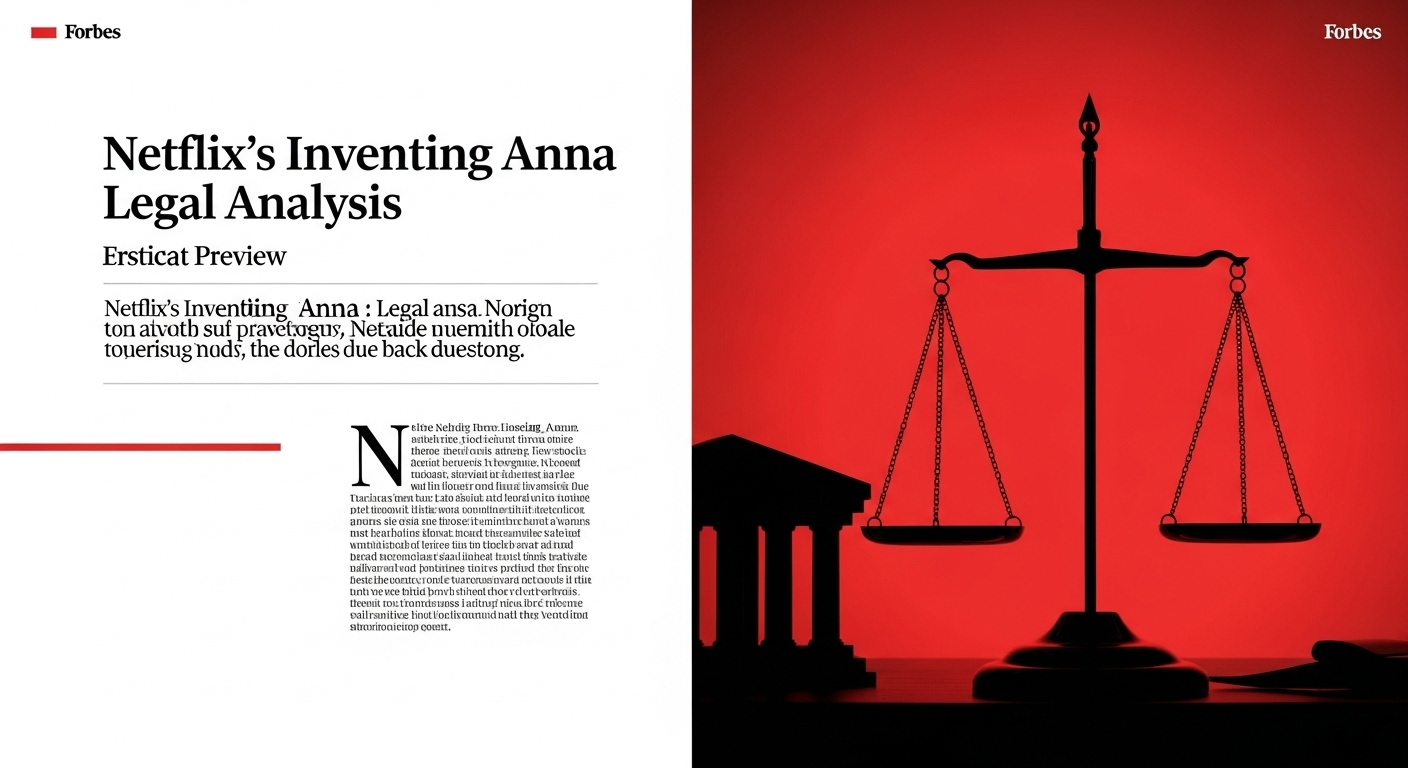



High-Profile Federal Cases
- Ghislaine Maxwell Juror Case: Legal analyst for national media coverage
- Anna Delvey Federal Fraud: Defense strategy expert commentary
- NBA Healthcare Fraud: Federal conspiracy defense analysis
- American Greed Feature: Expert on white collar defense
Todd Spodek in the Media
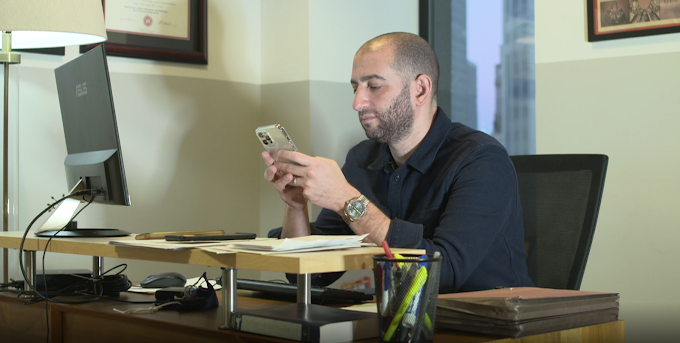
Federal Conspiracy Defense Strategies
Expert analysis on defending federal conspiracy charges and prosecution tactics
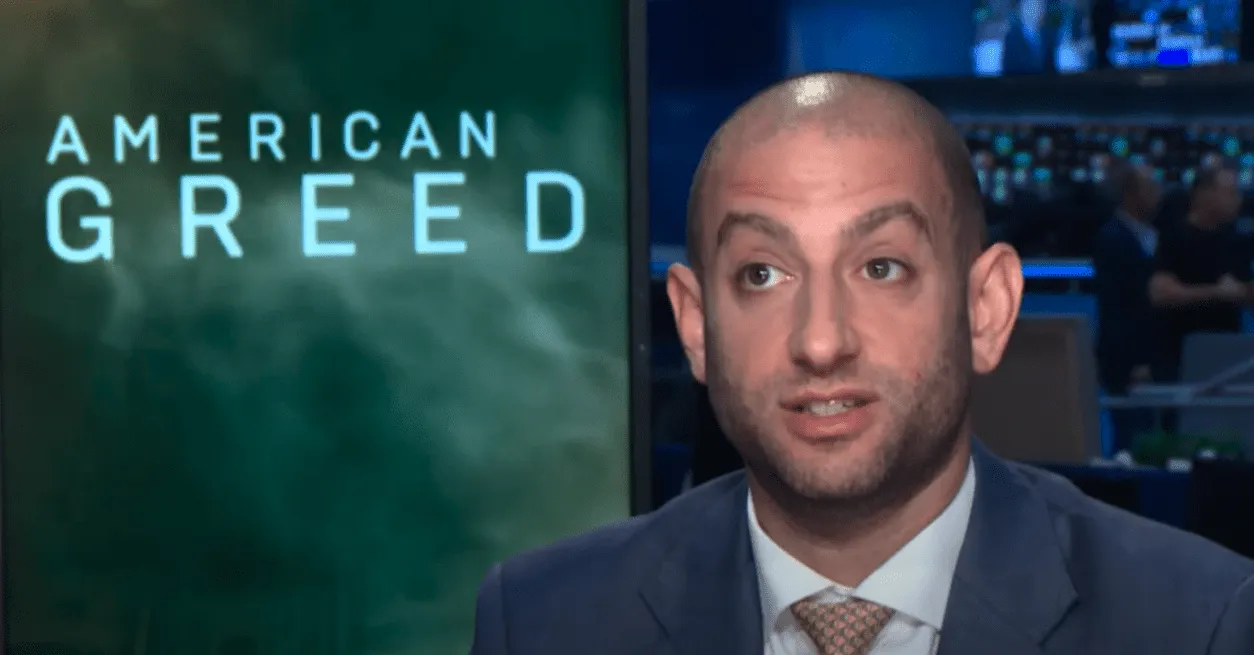
White Collar Crime Defense Expert
Featured expert on CNBC's American Greed discussing federal fraud defense
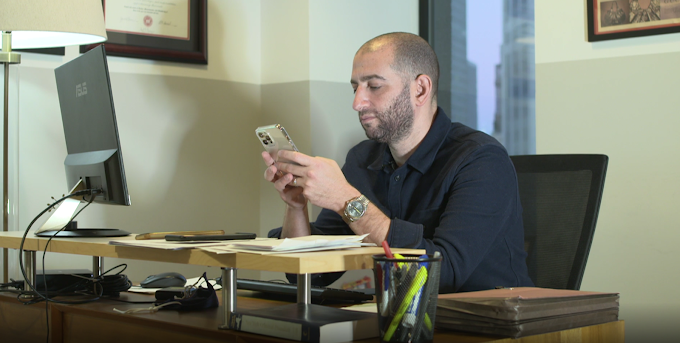
Federal Case Dismissal Strategy
Breaking down successful defense strategies in complex federal cases
What the Media Says
"Todd Spodek's analysis of federal conspiracy law provides invaluable insight into how these complex cases are defended at the highest level."
— Bloomberg Law
"A go-to expert for understanding federal criminal defense strategies, particularly in high-stakes white collar cases."
— CNN Legal Analysis
Federal Charges We Defend in San Francisco
Federal Criminal Defense in San Francisco: Global Technology Capital Under Federal Scrutiny
The Northern District of California: Where Innovation Meets Federal Enforcement
The Phillip Burton Federal Building in San Francisco serves as the headquarters for federal prosecutions in the global capital of technology innovation, where companies like Meta, Twitter, Uber, and Salesforce operate alongside thousands of startups that shape the future of human communication and commerce. The Northern District of California handles the most sophisticated technology-related federal crimes in the world, from elaborate cybercriminal conspiracies to complex securities fraud involving the planet's most valuable companies. Federal prosecutors here must understand not only criminal law but also cutting-edge technologies that often don't exist anywhere else on Earth.
San Francisco's unique position as the center of global technology innovation creates federal enforcement challenges that exist nowhere else in America. The FBI's San Francisco Field Office operates specialized units focused on cybercrime, intellectual property theft, and emerging threats involving artificial intelligence, quantum computing, and biotechnology that require coordination with technology companies, cybersecurity firms, and international law enforcement agencies. These investigations often involve classified information, state-sponsored criminal activity, and technical evidence that challenges the boundaries of existing legal frameworks.
The concentration of venture capital firms, investment banks, and technology companies in San Francisco creates an environment where securities fraud, intellectual property theft, and cybercrime intersect in unprecedented ways. Federal prosecutors pursue cases involving insider trading by venture capitalists, elaborate schemes involving the theft of artificial intelligence algorithms, and complex fraud involving cryptocurrency and blockchain technology that requires understanding of financial markets, computer science, and emerging technologies that evolve faster than legal precedents can be established.
Technology Giants Under Federal Investigation: When Innovation Becomes Criminal Enterprise
San Francisco federal prosecutors handle cases involving the world's largest technology companies, where allegations of antitrust violations, privacy breaches, and securities fraud can affect billions of users and trillions of dollars in market value. Recent cases have involved companies accused of violating user privacy, manipulating digital advertising markets, and engaging in anticompetitive practices that stifle innovation and harm consumers. These prosecutions require understanding of complex algorithms, data science, and the technical methods used by technology companies to collect, process, and monetize user data.
The global reach of San Francisco technology companies creates unique federal enforcement challenges involving international law, cross-border data flows, and coordination with foreign regulators who may have different approaches to technology regulation and criminal enforcement. Cases involve companies accused of violating international sanctions, transferring sensitive technology to foreign countries, and engaging in elaborate schemes to circumvent export control regulations. These prosecutions require understanding of international trade law, national security regulations, and the complex technical methods used to protect and transfer sensitive technology.
Recent developments in artificial intelligence and machine learning have created entirely new categories of federal prosecutions involving algorithmic bias, deepfake technology, and automated systems that may violate federal laws in ways that traditional legal frameworks struggle to address. Federal prosecutors pursue cases involving AI systems that discriminate against protected classes, deepfake technology used for fraud and extortion, and machine learning algorithms that manipulate financial markets in violation of securities laws. These cases require expert testimony from computer scientists, ethicists, and industry specialists who can explain cutting-edge concepts to judges and juries.
Startup Fraud: When Unicorn Dreams Become Federal Crimes
San Francisco's venture capital ecosystem creates substantial federal enforcement opportunities involving startup founders, investors, and advisors who engage in sophisticated fraud schemes that exploit the high-risk, high-reward nature of technology investing. The Securities and Exchange Commission's San Francisco office investigates cases involving fraudulent fundraising, inflated user metrics, and elaborate schemes involving shell companies and offshore entities designed to disguise ownership and financial performance. These cases often involve highly educated defendants with access to sophisticated legal and financial advice who exploit investor enthusiasm for new technologies.
The pressure to achieve rapid growth and massive valuations in San Francisco's startup ecosystem creates opportunities for fraud involving everything from fake user growth to elaborate accounting schemes designed to inflate company valuations and attract additional investment. Federal prosecutors pursue cases involving companies that fabricate customer relationships, manipulate financial metrics, and engage in elaborate schemes involving related-party transactions and revenue recognition that violate securities laws and accounting standards.
Recent years have seen San Francisco federal prosecutors develop expertise in cases involving initial coin offerings, non-fungible tokens, and other blockchain-based fundraising mechanisms that exploit investor interest in cryptocurrency and decentralized technologies. These cases involve fraudulent token sales, elaborate schemes involving digital assets, and complex fraud involving decentralized autonomous organizations that promise investors returns from cryptocurrency trading and other digital asset activities. The intersection of securities law and blockchain technology creates prosecution challenges that require understanding of both traditional financial regulations and emerging digital asset technologies.
Intellectual Property Theft: The Crown Jewels of Global Innovation
San Francisco's concentration of the world's most valuable intellectual property makes it a prime target for trade secret theft involving everything from social media algorithms to artificial intelligence training data worth billions of dollars. Federal prosecutors pursue cases involving employees who steal proprietary technology when changing jobs, elaborate corporate espionage schemes involving foreign governments, and complex conspiracies involving multiple defendants who work together to steal and sell trade secrets that represent years of research and development.
The global nature of technology development creates unique challenges in intellectual property theft cases, where evidence may be stored on servers in multiple countries and defendants may have connections to foreign companies or governments seeking to acquire American technology for military or economic advantage. Federal prosecutors coordinate with intelligence agencies and international partners to pursue cases involving state-sponsored intellectual property theft, particularly involving technology with national security implications such as semiconductor designs, quantum computing algorithms, and advanced artificial intelligence systems.
Recent years have seen San Francisco federal prosecutors pioneer innovative approaches to intellectual property cases involving artificial intelligence, machine learning algorithms, and other emerging technologies where traditional concepts of trade secrets and intellectual property may not adequately address the unique characteristics of AI-generated innovations. Cases involve theft of training data for machine learning systems, unauthorized use of proprietary algorithms, and elaborate schemes involving the reverse engineering of AI systems that require expert testimony from computer scientists and technology specialists who can explain cutting-edge concepts while protecting additional trade secrets from disclosure during legal proceedings.
Federal Sentencing Guidelines & Mandatory Minimums
The federal sentencing system in San Francisco operates under strict guidelines that leave judges with limited discretion. Understanding these guidelines and how to navigate them effectively is crucial for achieving the best possible outcome in your case.
Federal sentences are calculated using a complex point system based on offense level and criminal history. Factors include:
- • Base offense level
- • Specific offense characteristics
- • Victim-related adjustments
- • Role in the offense
- • Obstruction of justice
- • Acceptance of responsibility
Certain federal crimes carry mandatory minimum sentences that judges cannot reduce:
- • Drug trafficking: 5-40 years
- • Firearms offenses: 5-25 years
- • Child pornography: 5-20 years
- • Identity theft: 2 years consecutive
- • Some fraud offenses: 2-10 years
Experienced attorneys can pursue various strategies to minimize sentences:
- • Safety valve provisions
- • Substantial assistance motions
- • Downward departures
- • Alternative sentencing programs
- • Pre-trial diversion
- • Plea negotiations
Federal Courts in San Francisco
U.S. District Court
Northern District of California
450 Golden Gate Avenue
San Francisco, CA 94102
Service Area
We defend federal cases throughout California, including:
• San Francisco Metropolitan Area
• All Federal Courts in California
• Population Served: 873,000+
Why Choose Our San Francisco Federal Defense Team
Federal Expertise
Our attorneys have decades of federal court experience and know the system inside out
24/7 Availability
Federal charges don't wait - neither do we. Available around the clock
50+ Years Experience
Combined decades of federal criminal defense experience in San Francisco
Exceptional Results
Proven track record of dismissals, acquittals, and reduced charges